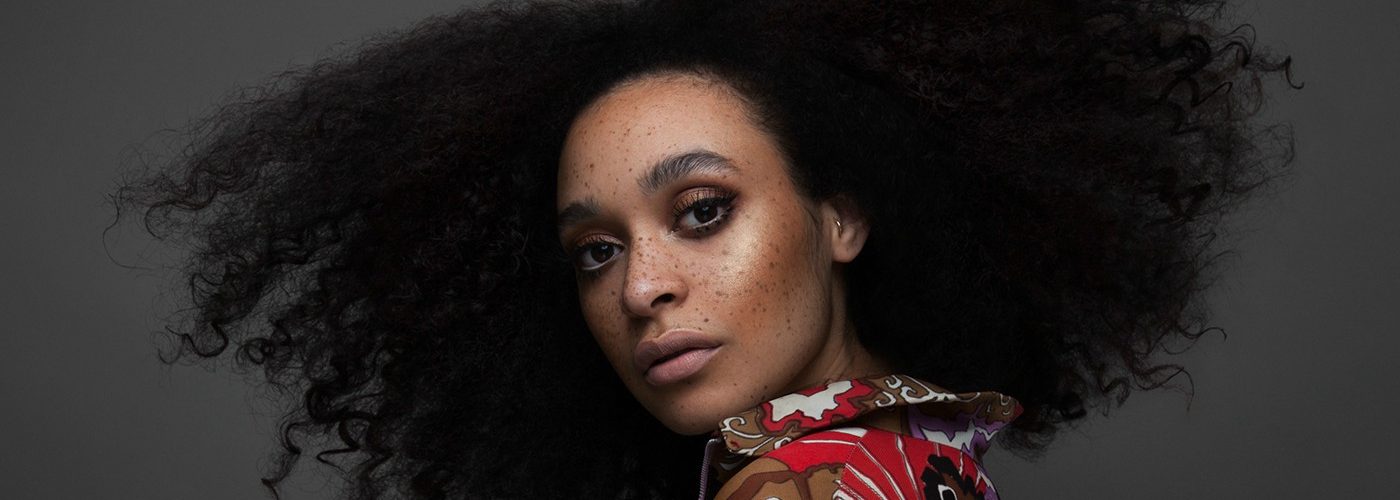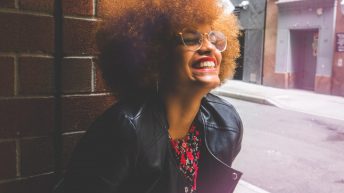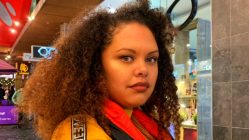The natural hair movement is focused on encouraging women of African ancestry to celebrate the natural characteristics of their kinky and curly hair texture. Originating in the United States, the natural hair phenomenon has now spread across the globe. It has brought with it new and old ways for people of colour to accept the tresses they were born with. Words like “nappy” – historically a pejorative reference to the texture of black hair, particularly those of a coarser and tightly coiled texture have been reclaimed as positive terms by many women.
For many women of colour, going natural is a lot more of a conscious statement rather than just aesthetic. It’s about being able to freely wear their hair without trying to meet society’s beauty standards. In addition to this wave, there has been a recent influx of on-screen representations of the movement too.
With exception to the brief but impactful politically motivated hair movement of the 1960’s, it’s not until the early 2000’s that we saw a major shift in the narrative regarding black hair.
In 2005, saw the promotion of an independent documentary titled “My Nappy Roots: A Journey Through Black Hair-itage” – a documentary exploring years of research to uncover the deeper meaning of the term “nappy”. Covering more than 400 years of history, My Nappy Roots culled the highlights from 200 hours of footage to paint a realistic portrait of Afro hair culture and its journey from Africa to the Americas via the slave trade. The film’s thorough and unflinching look at the way black hair was manipulated (both literally and metaphorically) made it the definitive work on the subject.
When released to wider audiences, the term “nappy” began to spread across the globe. Women in the US, the UK, France, Africa and countless other regions began to embrace their natural hair.
This emerging cultural shift challenged the association of nappy hair with ugliness that has been deeply ingrained in many mixed-race cultures. This has led more women to give up the artificially-imposed mandate that hair has to be straight to be beautiful.
This new enthusiasm for natural hair comes at the same time as the major rise in organic products for hair care. In addition, recent studies are linking relaxer usage to health risks such as scalp inflammation and damage, uterine leiomyomata, uterine fibroids, heart disease, hair loss, chemical imbalance, cancer and early puberty. More and more women are opting for the natural look as a healthier alternative.










